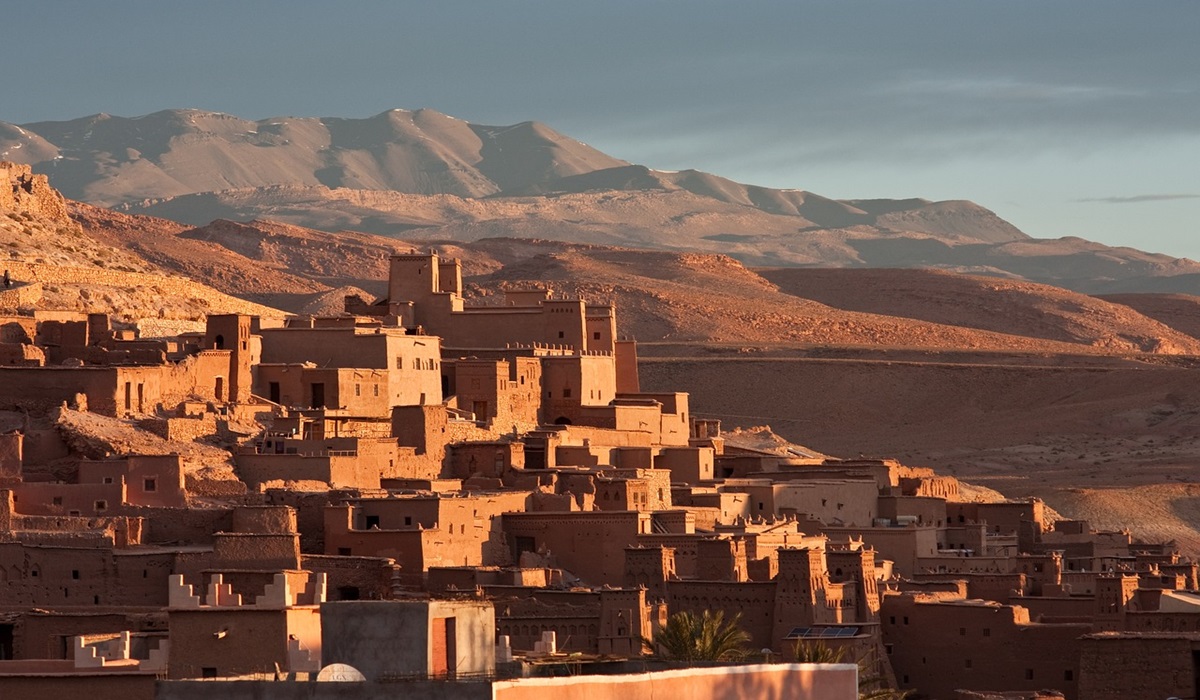By: Manuel Ostos
Image Credit, Magyar
Emmanuel Macron, the President of France, has recently declared in Rabat, alongside King Mohammed VI, that Western Sahara belongs to Morocco. This assertion echoes statements made by former U.S. President Donald Trump but raises significant concerns about its legality under international law.
Historically, Western Sahara was a Spanish colony until 1975. It is crucial to note that Spain was not the owner of the territory but merely its administrator. In 1975, Spain did not cede ownership of Western Sahara to Morocco and Mauritania; rather, it relinquished its administrative responsibilities while informing the United Nations that the process should culminate in a self-determination referendum.
The fundamental principle at stake is the right of the Sahrawi people to express their desires regarding their future. The United Nations relied on an electoral census conducted by Spanish authorities, which was deemed the only reliable measure of the Sahrawi population. However, Morocco rejected both the census and the proposed referendum, seeking instead to include Moroccans without historical ties to the Sahrawi tribes. Shortly thereafter, Morocco declared, “Western Sahara is mine, period.” Mauritania eventually withdrew its claim to the territory, allowing Morocco to occupy it entirely.
In doing so, Morocco violated numerous UN resolutions concerning the former Spanish colony. The United Nations even established a mission—MINURSO—to facilitate the organization of the long-promised referendum, a mission that remains in place to this day.
By aligning himself with the Moroccan occupation, Macron raises questions about his approach to “realpolitik” regarding Western Sahara. This decision mirrors his handling of Lebanon, where he has seemingly abandoned the nation to devastation while historically, France has supported Beirut.
These actions exemplify the failures of a democratic leader. The legitimate Sahrawis are being told, “You are Moroccans,” without their consent or consideration of their rights. Although the ancient tribes of Western Sahara recognized the Sultan’s influence, they never accepted Moroccan authority over them.
France undoubtedly has significant interests in Morocco, but these interests should not supersede historical context, international law, the rulings of the International Court of Justice, or the principles of justice. The people of Western Sahara have never identified as subjects of Morocco, and France, along with Morocco, risks imposing an authoritarian narrative that echoes the worst of dictatorial regimes.









